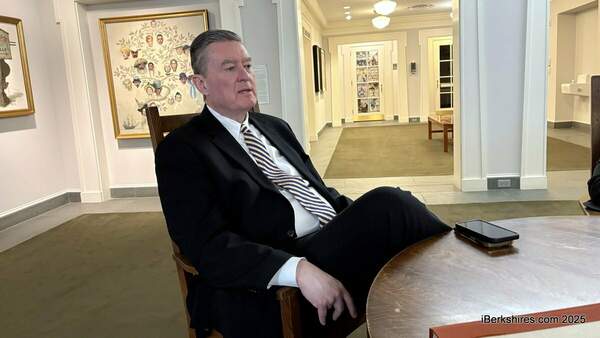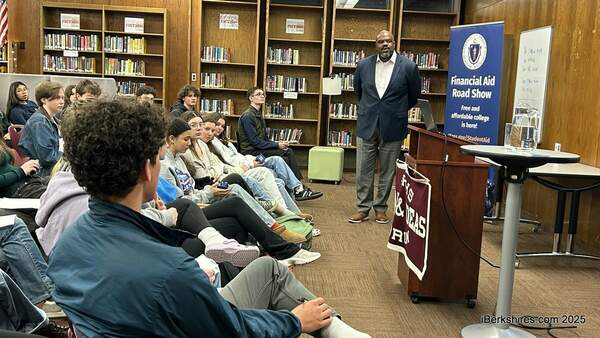Letter: PCBs Decision Disappointing But Not Unexpected
 |
To the Editor:
While we are saddened by the decision of the U.S. Court of Appeals for the 1st Circuit which denied the HRI/HEAL appeal, it did not come unexpectedly.
Having fought against the injustices of General Electric to our environment and health and safety of our communities, we have seen an erosion of our legal system that supports wealth and power at the sacrifice of our citizens. It is well known that judges are chosen these days based more by political positions than legal accomplishment.
The luck of the draw was that the appeal was in front of a judiciary that has past decisions that clearly supported industry rather than citizens.
The agreement which allows for a toxic dump in Lee, was created under secret negotiations by an appointed individual who we disagreed should have been selected. The agreement violated many citizen protections such as local citizen involvement and Environmental Justice tenets of both Massachusetts and the United States. A handful of representatives from the affected towns along the Housatonic "surprisingly" chose Lee, which is considered the less affluent community of the group, to be the locale of the dump.
Lee residents never stood a chance to fight this injustice.
More importantly, the politicians and even the media who support the agreement suffer from Willful Ignorance where they purposely ignore the science which warrants a more thorough cleanup than offered and the problematic results of creating a toxic dump in Lee. Such dumps in other locales have failed as this one will based on the original decision by the EPA as to why this Lee location was considered to be problematic.
I stand with HRI and HEAL and we will continue to demand improvements to the Rest of River cleanup decision, including more removal of the toxic PCBs from the river, use of alternative technologies to treat and remove PCBs from the river, its banks and the properties along the river. We will also continue to fight against the decision of locating the dump in Lee or elsewhere in Berkshire County and will gather support to have the dump deconstructed when the technology warrants it.
As any work progresses, I encourage any residential property owner that had any remediation of PCBs by GE, to reach out to EPA lawyers in Boston for a "Comfort Letter" from EPA. These letters protect the owners should there be any future identification of PCBs on their property. They will not be responsible for the cost of remediation at that time. There were over 350 properties investigated and almost 200 properties that were remediated. Properties along the Rest of River work should also get one of these letters, but they are not automatic and must be requested.
Reach out to me should you have additional questions about these letters or other issues concerning any of the past, present or future cleanup procedures. I may be contacted at CPR-Berkshire@outlook.com.
Charles P Cianfarini
Pittsfield Mass.
Cianfarini is interim executive director of Citizens for PCB Removal
Tags: PCBs, Rest of the River,















